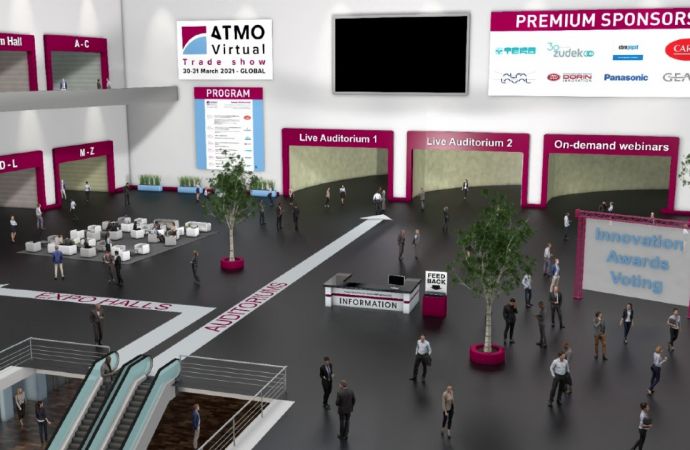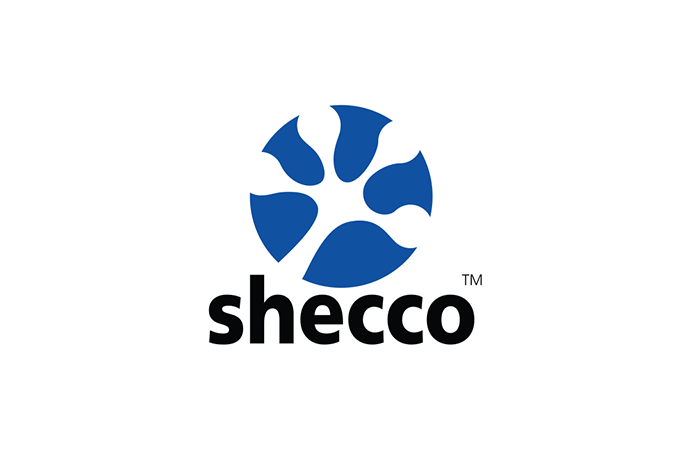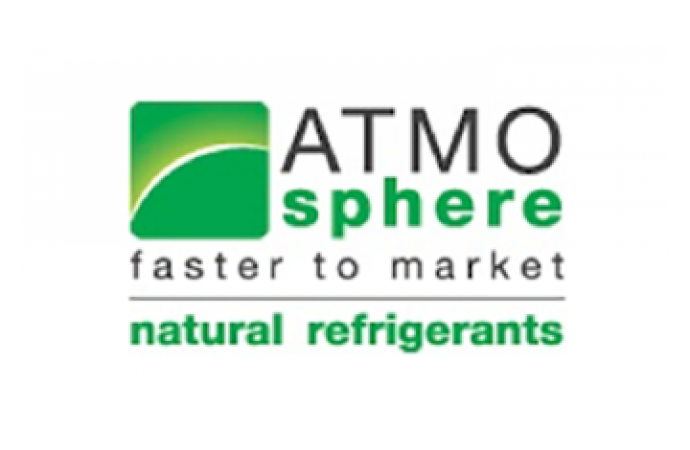The Open-Ended Working Group (OEWG) Meeting of the Parties to the Montreal Protocol met for the 34th time on 14-18 July, in Paris to deliberate on a climate agenda focusing on whether HFCs should be included within the scope of the Montreal Protocol. Despite a growing number of countries supporting a formal discussion on this issue the absence of consensus stalled further progress.

The 34th meeting of the Open-Ended Working Group (OEWG) of the Parties to the Montreal Protocol convened on 14-18 July in Paris. The focal point of the discussions was found in the management of the continuous growth in production and consumption of hydrofluorocarbons (HFCs), which are potent greenhouse gases with no ozone depleting potential (ODP).
However, following heated discussions during the meeting countries did not manage to make any substantial progress with respect to adopting a common strategy of addressing the growth of HFCs as no formal discussions took place on this issue. The Parties to the Montreal Protocol will reconvene on 17-21 November, in Paris for the 26th Meeting of the Parties to the Montreal in order to continue their discussions.
The ‘HFC management workshop’ retained its informal status
The ‘HFC management workshop’, which took place on 11-12 July 2014, in Paris was a forum for discussing and exploring HFC management issues from a technical, legal, financial, technology transfer and policy perspective. Although the vast majority of delegates acknowledged the usefulness of the report produced following the workings of the HFC management workshop, most Parties pointed out that the workshop has an informal status by default and that the report does not incorporate the views of all related Parties. The EU with the support of the USA urged for the establishment of a formal discussion group to discuss the issues raised during the workshop as summarised in the workshop’s report arguing that the report should serve as a starting point for further discussions. However, the proposal was strongly opposed by Saudi Arabia and Kuwait along with Bahrain, India, Iraq and Pakistan and therefore due to a lack of consensus no formal discussion group was established. In addition, the plenary decided that the only follow-up action would be the compilation of a more comprehensive report to be made public later in August.
HFC management issues discussed in an informal context
This was the fifth consecutive year that the international delegates deliberated over whether a formal discussion group should be established to discuss the two long existing proposals to amend the Montreal Protocol. The basis of both proposals refers to extending the scope of the Montreal Protocol beyond ozone depleting substances (ODSs) to incorporate also substances with high global warming potential (high-GWP) and therefore adverse climate change impact. The proposals have been submitted by the Federated States of Micronesia with Morocco’s support and jointly by the US, Canada and Mexico.
The majority of delegates who took the floor were in favour of discussing the proposed amendments and broader HFC management issues at a more formal context with the proposal proponents along with the EU showing intense interest. However, Saudi Arabia and Kuwait supported by Argentina, Oman and Egypt were strongly expressing their concerns against formal discussions arguing largely that alternative technologies are not yet developed and that there are legal issues at stake. These arguments were contradicting preceding discussions during the HFC management workshop highlighting the commercial availability of low-GWP technologies for most sectors, and even for warmer climates, and the absence of a legal obstacle hindering an HFC amendment to the Montreal Protocol. Nevertheless, the outcome of the deliberations was the establishment of an informal discussion group. The agenda of the informal group was similar to the agenda of the HFC management workshop as it focused on Parties expressing their views regarding legal, technical, and financial and technology transfer issues. The discussion on these issues is expected to continue during the Montreal Protocol meeting in November 2014.
TEAP reports on ODS alternatives and the replenishment of the Multilateral Fund
Parties established a formal discussion group in order to discuss about funding that developed countries would provide in 2015-2017 under the Multilateral Fund (MLF), funding mechanism of the Montreal Protocol. Parties elaborated and compiled a list of suggestions that the Technical and Economic Assessment Panel (TEAP) should address in a supplementary report within the context of its report on the 2015-2017 replenishment of the Multilateral Fund. The reason was that delegates expressed their concerns in terms of the assumptions, the methodology and the underlying rationale of the different funding scenarios the TEAP replenishment report analyses.
The Parties also established a small informal group to suggest issues to be taken into account by TEAP in order to complete its report assessing information on alternatives to ODS as well as emission differences amongst different mitigation scenarios of ODSs alternatives in the RAC and foam sectors against a business as usual (BAU) benchmark case.
Both reports incorporating Parties suggestions are to be presented at the 26th Meeting of the Parties to the Montreal Protocol.
However, following heated discussions during the meeting countries did not manage to make any substantial progress with respect to adopting a common strategy of addressing the growth of HFCs as no formal discussions took place on this issue. The Parties to the Montreal Protocol will reconvene on 17-21 November, in Paris for the 26th Meeting of the Parties to the Montreal in order to continue their discussions.
The ‘HFC management workshop’ retained its informal status
The ‘HFC management workshop’, which took place on 11-12 July 2014, in Paris was a forum for discussing and exploring HFC management issues from a technical, legal, financial, technology transfer and policy perspective. Although the vast majority of delegates acknowledged the usefulness of the report produced following the workings of the HFC management workshop, most Parties pointed out that the workshop has an informal status by default and that the report does not incorporate the views of all related Parties. The EU with the support of the USA urged for the establishment of a formal discussion group to discuss the issues raised during the workshop as summarised in the workshop’s report arguing that the report should serve as a starting point for further discussions. However, the proposal was strongly opposed by Saudi Arabia and Kuwait along with Bahrain, India, Iraq and Pakistan and therefore due to a lack of consensus no formal discussion group was established. In addition, the plenary decided that the only follow-up action would be the compilation of a more comprehensive report to be made public later in August.
HFC management issues discussed in an informal context
This was the fifth consecutive year that the international delegates deliberated over whether a formal discussion group should be established to discuss the two long existing proposals to amend the Montreal Protocol. The basis of both proposals refers to extending the scope of the Montreal Protocol beyond ozone depleting substances (ODSs) to incorporate also substances with high global warming potential (high-GWP) and therefore adverse climate change impact. The proposals have been submitted by the Federated States of Micronesia with Morocco’s support and jointly by the US, Canada and Mexico.
The majority of delegates who took the floor were in favour of discussing the proposed amendments and broader HFC management issues at a more formal context with the proposal proponents along with the EU showing intense interest. However, Saudi Arabia and Kuwait supported by Argentina, Oman and Egypt were strongly expressing their concerns against formal discussions arguing largely that alternative technologies are not yet developed and that there are legal issues at stake. These arguments were contradicting preceding discussions during the HFC management workshop highlighting the commercial availability of low-GWP technologies for most sectors, and even for warmer climates, and the absence of a legal obstacle hindering an HFC amendment to the Montreal Protocol. Nevertheless, the outcome of the deliberations was the establishment of an informal discussion group. The agenda of the informal group was similar to the agenda of the HFC management workshop as it focused on Parties expressing their views regarding legal, technical, and financial and technology transfer issues. The discussion on these issues is expected to continue during the Montreal Protocol meeting in November 2014.
TEAP reports on ODS alternatives and the replenishment of the Multilateral Fund
Parties established a formal discussion group in order to discuss about funding that developed countries would provide in 2015-2017 under the Multilateral Fund (MLF), funding mechanism of the Montreal Protocol. Parties elaborated and compiled a list of suggestions that the Technical and Economic Assessment Panel (TEAP) should address in a supplementary report within the context of its report on the 2015-2017 replenishment of the Multilateral Fund. The reason was that delegates expressed their concerns in terms of the assumptions, the methodology and the underlying rationale of the different funding scenarios the TEAP replenishment report analyses.
The Parties also established a small informal group to suggest issues to be taken into account by TEAP in order to complete its report assessing information on alternatives to ODS as well as emission differences amongst different mitigation scenarios of ODSs alternatives in the RAC and foam sectors against a business as usual (BAU) benchmark case.
Both reports incorporating Parties suggestions are to be presented at the 26th Meeting of the Parties to the Montreal Protocol.
MORE INFORMATION
Related stories





